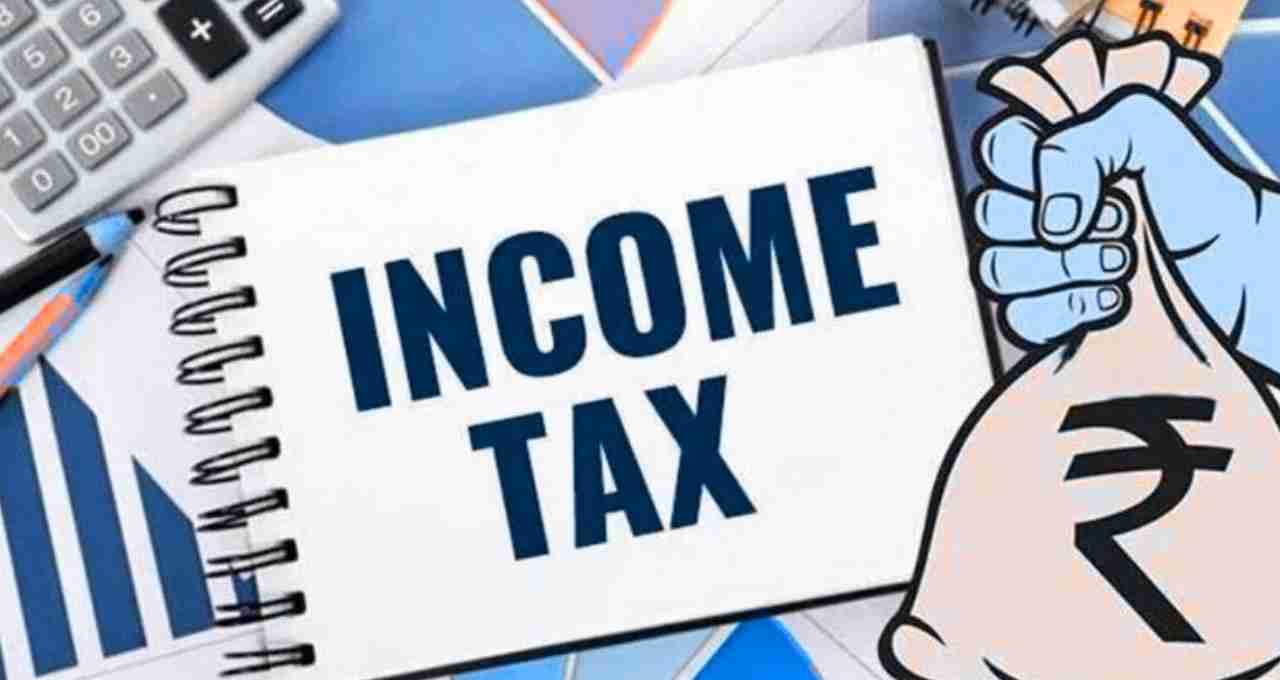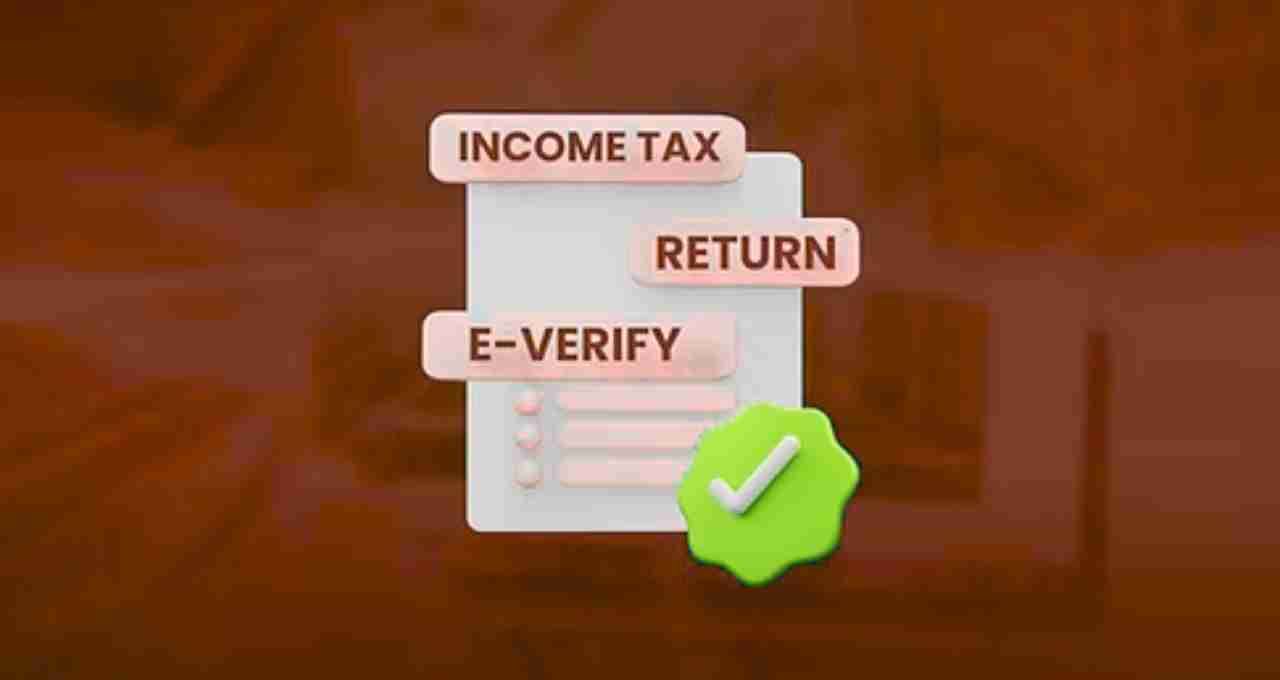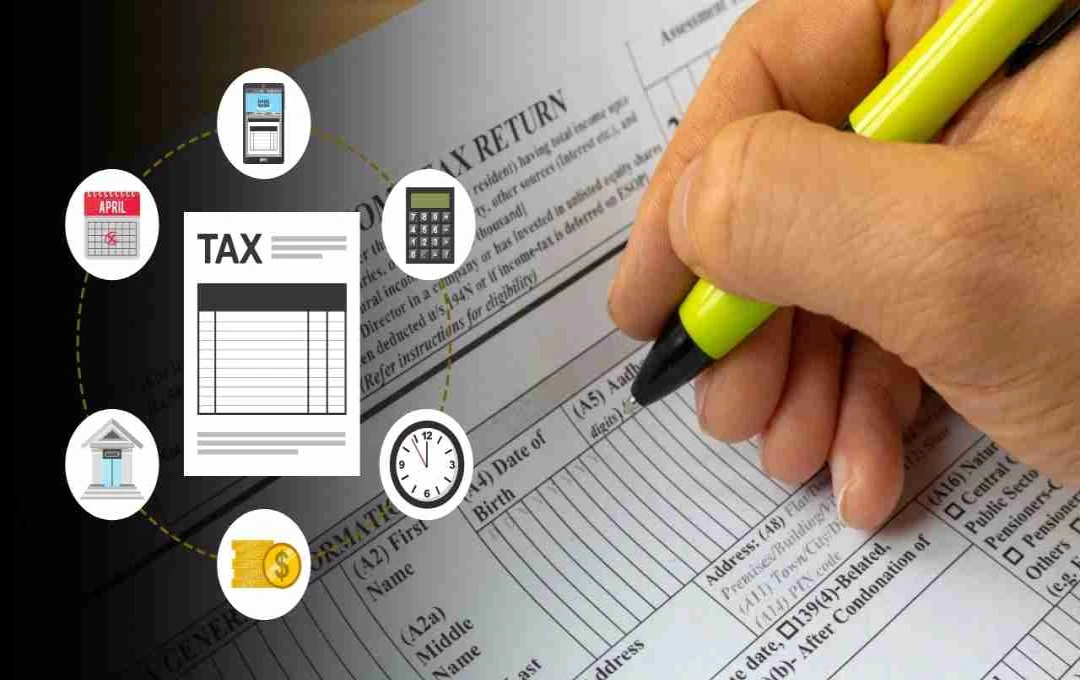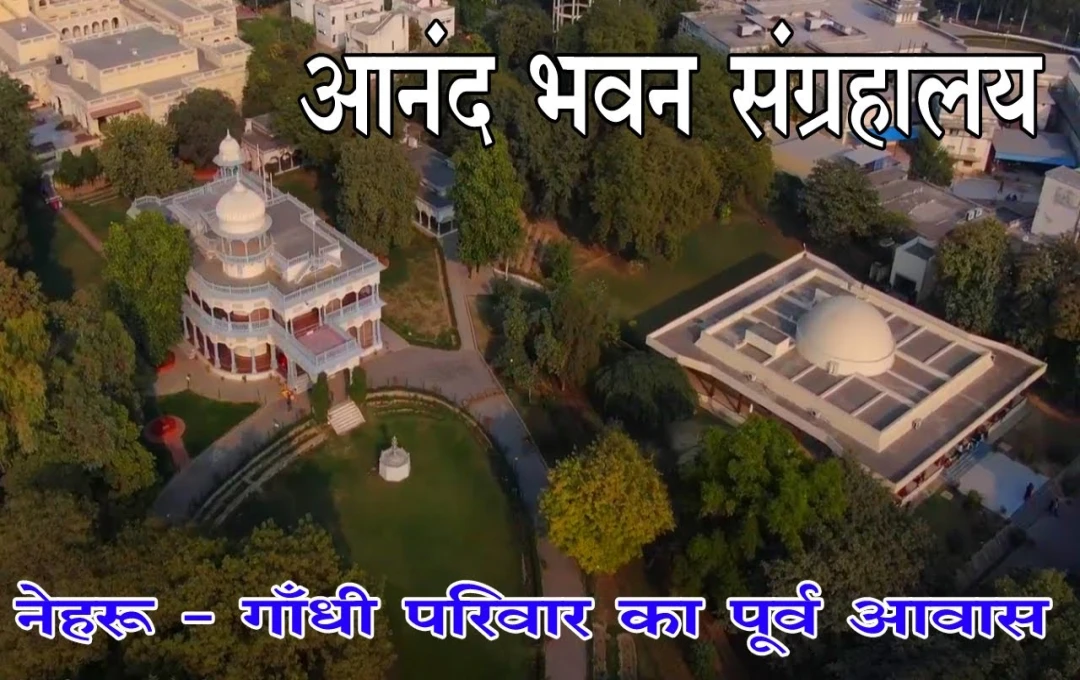If you haven't filed your Income Tax Return yet, you still have a chance. This time, the government has provided relief to taxpayers by extending the deadline for filing ITR from July 31st to September 15th, 2025. This means people now have an additional 45 days. However, this extension is meant for convenience, not for negligence.
Late Filing May Attract Penalty and Interest
If a taxpayer files the return after September 15th, they may have to pay both a penalty and interest under the Income Tax law. The penalty amount is determined according to income. Also, a 1 percent interest is levied per month on the outstanding tax.
Penalty Based on Income for Delay
The government has set the penalty amount for those who delay ITR filing based on their income.
- If your annual income is less than ₹5 lakh, a penalty of ₹1000 will be levied.
- If the income is more than ₹5 lakh, the penalty can be up to ₹5000.
Interest Will Be Levied Separately on Outstanding Tax

If you have also delayed paying your taxes, meaning the outstanding tax remains unpaid and has not been deposited within the stipulated time, you will have to pay interest at the rate of 1 percent per month.
These Can Be the Disadvantages of Filing Late
Impact on Credit Score
Delaying ITR filing affects your financial image. When you go to take a loan from a bank or institution, your tax records are examined. Not filing the return on time can reduce your credibility.
Delay in Receiving Refund
If a tax refund is due to you and you have filed your ITR late, it may take a long time to receive this refund. Sometimes you have to wait for months.
Obstruction in Visa Application
While applying for a visa for foreign travel or studies, many countries require ITR documents. If you have not filed the return on time, there may be obstacles in the visa process.
Choosing the Right ITR Form is Essential
While filing ITR, the first thing to know is which form will be right for you. The Income Tax Department has issued ITR-1, ITR-2, ITR-3, and ITR-4 forms for different categories. ITR-1 is for salaried individuals, while ITR-3 and ITR-4 are used for those who do business.
Choose Old or New Tax Regime Wisely
This year also, taxpayers have two options – the old tax regime and the new tax regime. In the old system, the benefit of many types of exemptions and deductions is available, while in the new system, the tax rates are lower, but the exemptions are limited. Choose wisely after looking at your income, expenses and investments.
Don't Forget to E-Verify

Filing ITR is not enough in itself. After that, it is also necessary to e-verify it. If e-verification is not done, your return may be considered invalid. This process can be completed through Aadhaar OTP, Net Banking, Demat Account or other options.
Keep Documents Ready in Advance
It is very important to gather the necessary documents before filing the return, such as:
- Form 16
- Bank statement
- Salary slip
- Investment certificate
- Home loan or medical insurance receipts
- Rent agreement (if you live on rent)
With the help of all these documents, you will be able to provide accurate information and avoid mistakes.
Filling ITR is Now Easier Than Before
The Income Tax Department has made the process of filing returns much easier than before. Now, after logging in to the portal, some of your information is pre-filled. This makes it easier to fill the return. Still, it is necessary to re-check the information.
File Easily on the Online Portal
You can file your ITR by visiting the Income Tax website incometax.gov.in. A step-by-step guide is also given here. If you do not have technical knowledge, you can also take the help of a tax expert or CA.
Complete the ITR Filing Process Without Interruption
Those who have not yet filed their returns do not have much time left. The last date is September 15, 2025. Complete your filing before this to avoid penalties, interest and other problems. By filing on time, you not only comply with the government's rules, but also strengthen your financial position.















